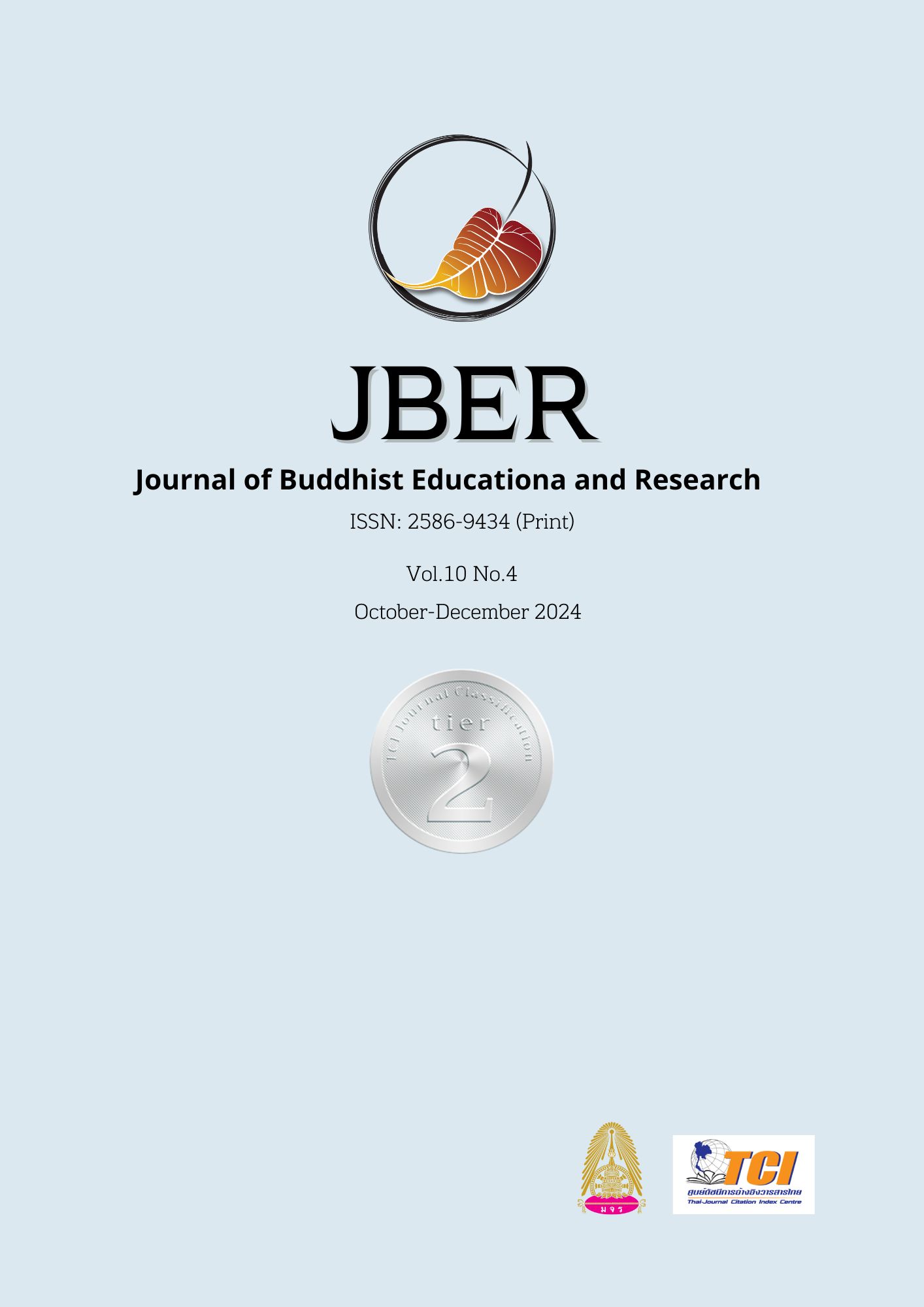The Effects of Problem-based Learning Approach on Junior High School Chinese Students’ English Speaking Skill
Keywords:
Problem based learning, Chinese Students, English Speaking SkillsAbstract
This study aimed to explore the impact of using Problem-Based Learning (PBL) on improving the English-speaking skills of eighth-grade students in Chinese public schools and to investigate students' satisfaction with the application of this teaching method in English classes. A mixed-methods approach was employed, combining both quantitative and qualitative data analysis: 1) Pre-test and post-test measurements were used to collect quantitative data; 2) Questionnaires; 3) Classroom observation. Statistical methods such as paired sample t-tests and descriptive analysis were utilized to compare means, standard deviations, and percentages. The findings indicated that students’ post-test scores improved after engaging in English speaking activities through PBL, with mean scores increasing from 45.25 to 64.30. The t-test result was -31.74, and the p-value (Sig. one-tailed) was below 0.005. The questionnaire results showed that students were most satisfied with "Course structure and content" (x̄ = 4.74), followed by "Teaching methods and interaction" (x̄ = 4.66) and "Learning environment and resources" (x̄= 4.33). Overall, students expressed satisfaction with the use of PBL in English classes. Classroom observation forms indicated high satisfaction in five areas: teaching, teacher personality, learning environment, teaching materials, and facilities. Based on these results, this study recommends the broad implementation of PBL as an effective teaching strategy to enhance English-speaking skills in English language education.
References
Agustise, P. (2022). Improving ninth grade students' speaking skill through the application of problem-based learning (PBL) method at SMPN 3 Tungkal Jaya Muba. Esteem Journal of English Education Study Programme.
Alexandra, K. J. (2001). Meeting the challenge of problem-based learning: Developing the facilitators. Nurse Education Today, 21(2), 161–169.
Bulman, D. (2020). The economic security dilemma: A new perspective on US-China relations. SAIS Review of International Affairs, 40(1), 12–24.
Cambridge University Press. (2020). China and the WTO: Critical assessments. Cambridge University Press.
Dawilai, S., Kamyod, C., & Prasad, R. (2021). Effectiveness comparison of the traditional problem-based learning and the proposed problem-based blended learning in creative writing: A case study in Thailand. Wireless Personal Communications, 118, 1853–1867.
Dewi, R. (2016). Enhancing students' speaking skills through project-based learning.
Ennis, R. H. (2018). Critical thinking across the curriculum: A vision. Topoi, 37(1), 165–184.
Fahmi, R., Muslem, A., & Usman, B. (2021). The use of problem-based learning to improve students’ speaking ability. English Education Journal.
Grabe, W., & Stoller, F. L. (2005). Teaching and research reading. Beijing: Foreign Language Teaching and Research Press.
Guan, Q., & Meng, W. (2007). China’s new national curriculum reform: Innovation, challenges, and strategies. Frontiers of Education in China, 2, 579–604.
Hallinger, P., & Lu, J. (2011). Implementing problem-based learning in higher education in Asia: Challenges, strategies, and effects. Journal of Higher Education Policy and Management, 33(3), 267–285.
Iskandar, N., Jannah, M., & Wicaksono, S. R. (2021). The problem-based learning in enhancing students’ critical thinking for reading skills in English teaching at vocational school. IJORER: International Journal of Recent Educational Research, 2(2), 237–249.
Ismail, H., & Edi, E. (2022). Students' perceptions of implementing problem-based learning with blended learning in EFL academic reading.
Kelley, T. (2014). Unlocking creativity through empathy and risk taking. American Journal of Medical Quality, 29(1), 1–10.
Maeng, U. (2014). The effectiveness of reading strategy instruction: A meta-analysis. English Teaching.
Suprianti, G. A. P. (2020). Powtoon animation video: A learning media for the sixth graders. Journal of Educational Research, 8(2), 244–250.
Smith, M. (2016). An investigation into the pedagogical trajectories of PGCE trainees using espoused 'beliefs'. Journal of Educational Research.
We, S. M. (2020). Enhancing students' speaking skills through project-based learning. Jurnal Lingua Idea, 11(2), 113–126.
Zhang, T., & Jin, M. (2017). A study on senior high school students' English reading barriers and strategies. Journal of Literature and Art Studies.
Downloads
Published
How to Cite
Issue
Section
License
Copyright (c) 2024 Journal of Buddhist Education and Research (JBER)

This work is licensed under a Creative Commons Attribution-NonCommercial-NoDerivatives 4.0 International License.





